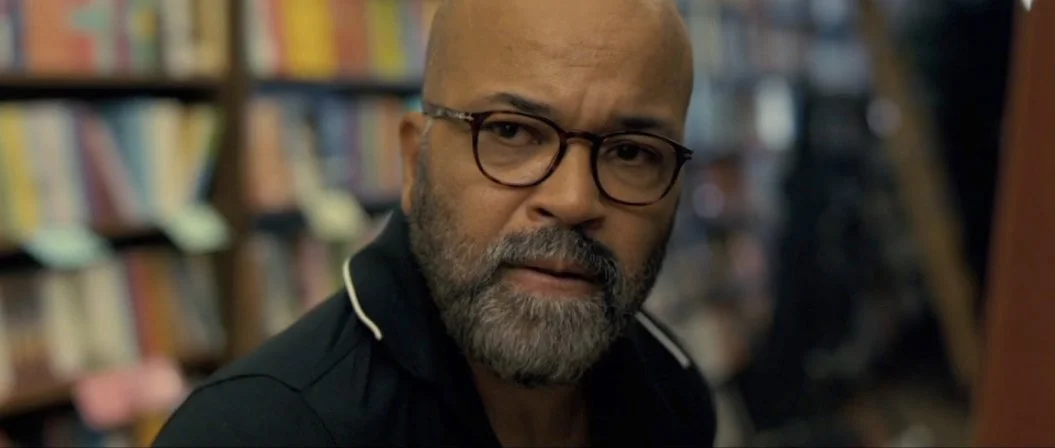I don’t like using the word “woke” because it’s too simplified a term. Yes, it’s an easy way of entering a debate, to say this is “woke” and that is “woke,” but the substance gets lost in the process.
In pure and simple terms, these past 6 or 7 years we’ve had a movement that demands we mass-treat women and minority groups as different and special, which, ultimately, becomes antithetical to equality. That’s woke, as far as I’m concerned.
It’s an idea having been pushed to such an extreme, that it’s become contrary. What it’s done is, by trying to eliminate racism, it’s ended up elevating race. The folks pushing “woke” just don’t have the capacity to realize that.
One person who clearly doesn’t mind using the term is Paul Schrader. He’s posted, via Facebook, his rave reaction to Cord Jefferson’s rather excellent “American Fiction.”
Cord Jefferson's AMERICAN FICTION is a masterly combination of deadpan wit and antiwokeness. Although at times it flirts with becomming the film it's critizing, the overall impact is like a fresh breeze on an airless day. Put it on your short list.
“American Fiction” just won the audience award at the Middleburg Film Festival. It has, again, firmly re-established itself as a potential Best Picture nominee. There are a few out there who think it can actually win the big prize.
Jefferson’s film has been winning a lot of regional fall festivals (Mill Valley, Heartland, San Diego) — audience reactions have been overwhelmingly good. Not to mention it won the coveted TIFF People’s Choice Award this past September.
So, what’s so “anti-woke” about it? Well, for one, it’s a screed about how well-meaning white people want black people portrayed in art.
Jeffrey Wright plays a cash-strapped black writer whose intellectual books aren’t so popular, and so he decides to sit at his typewriter and begin writing a book that will adhere to all the white-guilt clichés imaginable about black people — he calls it “My Pafology.”
The book is, at first, written as a joke, filled with gangsta motifs and horrendously illiterate dialogue. Monk hands over the manuscript to his agent, Arthur (John Ortiz), under the pseudonym Stagg R. Leigh. The next day, he gets an offer for $750,000, Monk can’t believe it (“I wrote it as a joke!”).
All of a sudden, the book turns into a sensation, with a movie deal in the works. Monk is astonished by his, mostly white, readership’s total ignorance. His soulless black creativity is accepted as a triumph by the NPR crowd.
“American Fiction” is filled with satire sting, reminding me of Alexander Payne’s earlier films. It mixes drama and comedy to ignite a socio-cultural conversation that is much needed today. This is a thoughtful, and quite often very funny, look at identity. I can’t wait for you all to see it.






